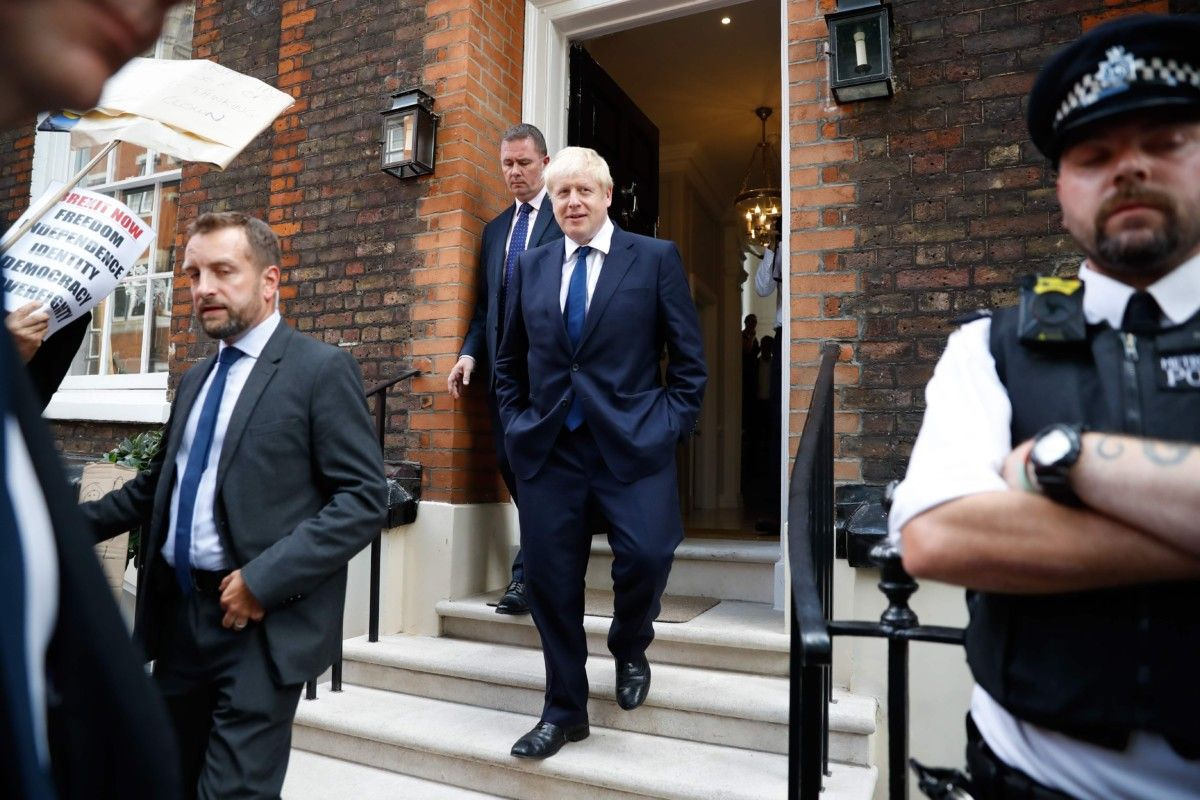
New criminal sanctions for those who fail to protect children from sexual exploitation are at the heart of a package of new measures announced by the Prime Minister, David Cameron.
The government says it will consult on extending the new criminal offence of ‘wilful neglect’ of patients to children’s social care, education and elected members as part of its national response to damning reports by Alexis Jay, Ann Coffey, Louise Casey and others, which found systematic institutional failings and cultures of denial and blame in Rotherham, and elsewhere.
The Prime Minister – alongside the Home Secretary and Secretaries of State for Health, Justice, Education and Communities and Local Government – met leaders from local authorities, children’s services, health professionals, Chief Constables and experts in child protection in Downing Street where he demanded local areas work more effectively to strengthen the systems in place to protect children.
The new plans aim to ensure local areas have long term practical strategies to uncover child sexual exploitation (CSE) and bring more offenders to justice – or face tough consequences.
Mr Cameron said: “We have all been appalled at the abuse suffered by so many young girls in Rotherham and elsewhere across the country. Children were ignored, sometimes even blamed, and issues were swept under the carpet – often because of a warped and misguided sense of political correctness. That culture of denial which let them down so badly must be eradicated.
“I am sending an unequivocal message that professionals who fail to protect children will be held properly accountable and council bosses who preside over such catastrophic failure will not see rewards for that failure.
“Offenders must no longer be able to use the system to hide their despicable activities and survivors of child sexual abuse must be given the long-term therapeutic treatment they need to re-build their lives.
“But it is not just about introducing new policies. It is about making sure that the professionals we charge with protecting our children – the council staff, police officers and social workers – do the jobs they are paid to do.
“We owe it to our children, and to the children who survive horrific sexual abuse, to do better and ensure the mistakes of the past are never repeated again.”
The cross-government national response, led by the Home Secretary Theresa May, was commissioned by the Prime Minister following revelations of a long-term culture of denial in Rotherham, where it is estimated at least 1,400 children were sexually abused over a number of years, as well as elsewhere.
Representatives from local areas across the country including Rochdale, Nottingham, Kent, Middlesbrough and Barking and Dagenham; the newly appointed Commissioner for Rotherham Sir Derek Myers, Professor Alexis Jay, Sarah Champion MP, the new Children’s’ Commissioner Anne Longfield, and the national policing lead Chief Constable Simon Bailey were among the attendees at the Downing Street event.
An additional £7 million has been given this year to organisations which support the victims of sexual abuse.
The Department of Health has also published new guidance on the role of school nursing services in preventing CSE and the Department for Education will announce a new £3.8 million allocation of its Innovation Programme.
Sheffield and South Yorkshire Councils were allocated £1.2m to develop a sub-regional delivery model for young people experiencing or at risk of child sexual exploitation. This will include recruitment, development and support of specialist foster carers to provide safe placements for young people across South Yorkshire. Local authorities involved are Sheffield, Barnsley, Rotherham and Doncaster. Other partners are LSCBs in these areas and South Yorkshire Police.
Wigan and Rochdale Councils were given £956,000 to find alternatives to high cost and secure accommodation for victims of, or those at risk of, child sexual exploitation, and to improve outcomes for those young people and their families. They plan to develop and deliver a research programme and pilot which involves testing a new hub and spoke social care service model with 30 young people in Wigan and Rochdale, with the intention of scaling this up across Greater Manchester’s local authorities.
Meanwhile £1.9m was given to St Christopher’s Fellowship to develop a children’s home with wrap-around care in London for looked-after girls at risk of sexual exploitation, gang membership and substance misuse who might otherwise be placed in secure children’s homes on welfare grounds.
Finally, Durham County Council recieved £496,000 to open a new unit at Aycliffe – their Secure Children’s Home – to test a new model of support targeting the trauma experienced by young people who have been sexually exploited. They intend to couple this with an extended “step-down” service to support the young people in making the transition from the secure setting into more independent living.
The government’s plan to tackle CSE
It has been highlighted that the CSE remained hidden and was ignored: a new national whistleblowing helpline for public sector workers to report bad practice will help shine a light on problems and help authorities to spot patterns of failure in order to address them quickly.
Victims were appallingly let down, disbelieved and even blamed, the government has promised that it will eradicate the culture of denial including through new joint official health, police and education inspections and a new Child Sexual Abuse Taskforce of professional troubleshooting experts in social work, law enforcement and health to support local areas at every level.
Those who failed to protect victims saw no consequences – some got huge pay-offs: the governments says it will ensure that exit payments for senior staff, including council staff, can be clawed back where those people are quickly re-employed in the same part of the public sector.
Perpetrators have been free to walk the streets for years with impunity: child sexual abuse will now be prioritised as a national threat, like serious and organised crime which means police forces now have a duty to collaborate with each other across force boundaries to safeguard children including more efficient sharing of resources, intelligence and best practice, supported by specialist regional CSE police coordinators.














